Research Impact Seminar Series
The Research Impact Seminar Series provides a unique opportunity to tap into the expertise of national and international leaders in research impact. Through insightful discussions and the sharing of best practices from across the globe, our series aims to inspire researchers and the broader research community, both locally at University of Galway and globally, by providing valuable insights into optimising the societal impact of research.
Our seminars will delve into a diverse array of topics, carefully curated to resonate with the research and academic community, as well as professional support staff and stakeholders across the country involved in research impact initiatives. These include, but are not limited to, the following:
• Identifying pathways to impact
• Public engagement
• Instruments for evaluating and achieving impact
• Practical strategies for measuring impact
• Evidence informed policy making
• Impact in funding proposals
Webinars
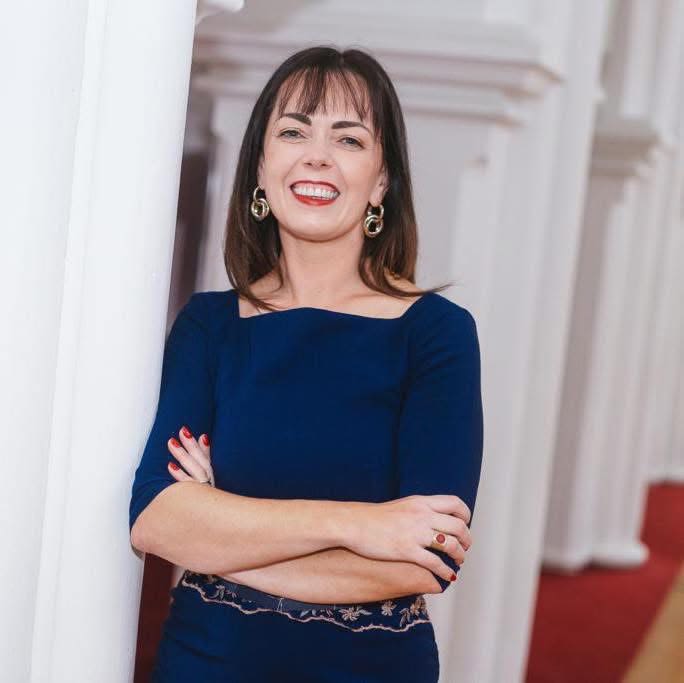
Dr Sarah-Anne Buckley
From Survivor Voices to Societal Change: Impact Pathways from the Tuam Oral History Project
Wednesday, 10 December 2025, 1:00 – 2:00pm (online via Zoom)
Overview
How do you design trauma-informed research that honours lived experience and evidences real-world change? Learn practical, transferable impact pathways from the Tuam Oral History Project.
The Tuam Oral History Project (TOHP) has worked with survivors of Ireland’s mother and baby institution in Tuam, Galway, to co-create a trauma-informed archive of testimony, creative works and public engagement. Led by Dr Sarah-Anne Buckley, the project has influenced political debate, reshaped public discourse, generated extensive media coverage and contributed to a new Junior Certificate history module that will reach thousands of students each year.
In this seminar, Dr Buckley will reflect on the methodological and ethical choices underpinning the project, the diverse pathways to impact it has created and the lessons that may be transferable to researchers across disciplines who are seeking to capture and evidence impact in their own work.
About Dr Sarah-Anne Buckley
Dr Sarah-Anne Buckley is Associate Professor in History at the University of Galway and Vice-Dean for Equality, Diversity, Inclusion and Staff Development in the College of Arts, Social Sciences and Celtic Studies. She is an internationally recognised scholar in the field of modern Irish social history, particularly in the fields of gender history, the history of childhood and youth and child welfare.
Her research has been cited in the New York Times, CNN and contributions to BBC Women's Hour among others. She is co-author (with Professor Breslin) of the award-winning Old Ireland in Colour Series , which has sold over 130,000 copies. As Co-PI of the Tuam Oral History Project, she is currently writing a monograph about the institution's history and context with her colleague Dr John Cunningham.
Dr Buckley is Chair of the Irish History Students’ Association, past President of the Women’s History Association of Ireland and former Head of the Department of History at the University of Galway. In 2024, she received the ENLIGHT Impact Award and served as Impact Ambassador for the year and is a previous recipient of the IRC Research Ally Award.
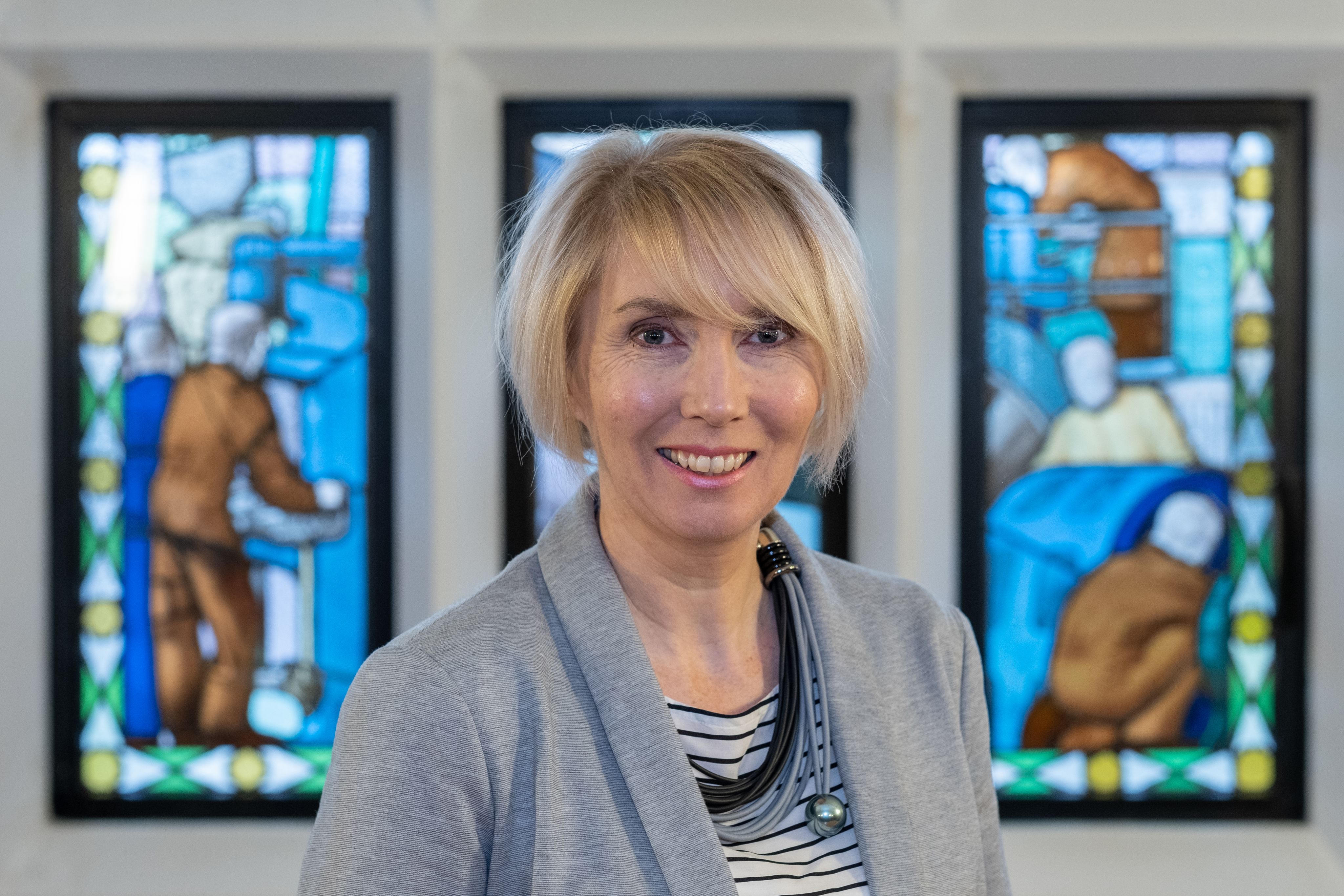
Dr Elizabeth Gadd
The potential of research assessment reforms to support the pursuit of societal impacts.
Wednesday, 12 February 2025, 1:00 – 2:00pm (online via Zoom)
Overview
This talk will introduce the research assessment reform agenda and some of its key initiatives. It will outline the potential they have for re-centering and incentivising the pursuit of societal impacts in our research performing and funding organisations and some of the challenges we’ll need to address along the way.
About Dr Elizabeth Gadd
Dr Elizabeth (Lizzie) Gadd is Head of Research Culture & Assessment at Loughborough University. She chairs the International Network Of Research Management Societies (INORMS) Research Evaluation Group and is a Vice Chair of the Coalition on Advancing Research Assessment (CoARA). She co-authored the UKRI-commissioned report, 'Harnessing the Metric Tide: Indicators, Infrastructures & Priorities for UK Research Assessment' and was the recipient of the 2020 INORMS Award for Excellence in Research Management and Leadership.
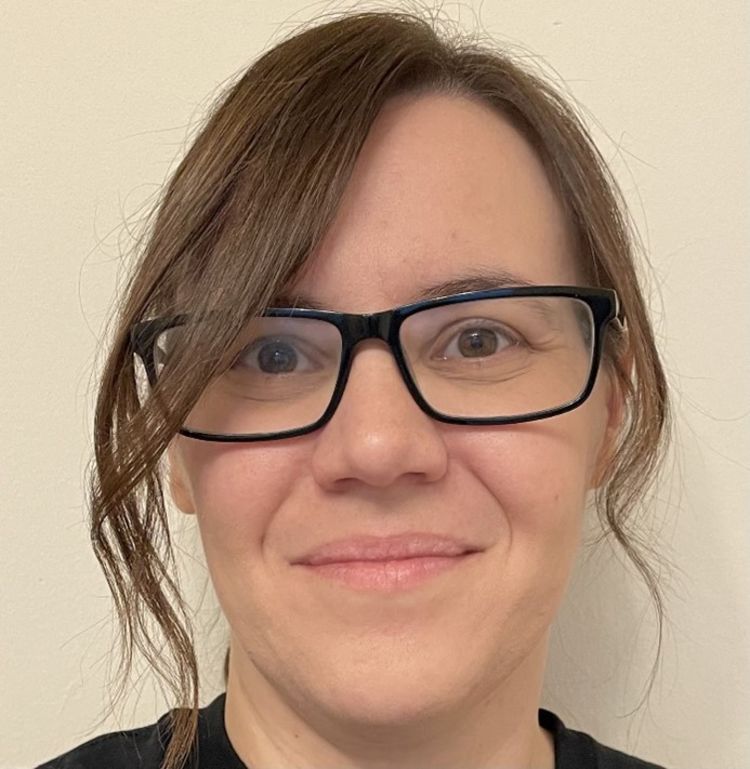
Dr Julie Bayley
Making a meaningful difference to society: An impact literate approach
Wednesday, 17 April 2024,
1:00 – 2:00pm (online via Zoom)
Overview
Impact - most simply defined as the ‘provable benefits of research in the real world’ - has become an increasingly core part of the research landscape in recent years. Impact features in the requirements for many funders and national assessments, is reflected in Global Sustainable Development Goals, and for many forms a core purpose of their academic life. We have a huge opportunity to contribute to societal change, but with so many potential ways to make a difference and so many competing pressures in academia, it can sometimes be difficult to know what paths to take. A key way to address this is to take an impact literate approach (Bayley and Phipps, 2017 & 2019) developing a critical understanding of the why, how, who and what of impact, to be able to make good judgements, collect appropriate evidence, and drive collaboratively towards meaningful change.
About Dr Julie Bayley
Dr Julie Bayley is Director of Research Impact Development at the University of Lincoln (UK) and Director of the Lincoln Impact Literacy Institute (LILI). She is a HCPC Registered Chartered Health Psychologist, Policy Lead for the British Psychology Society Division of Health Psychology and Honorary Clinical Associate Professor at Nottingham University Hospitals. Julie consults widely on research impact and won the 2022 Advancing Research Impact in Society (ARIS) ‘Impact Innovations’ award for driving impact literacy across the sector. Outside of work, Julie is a vascular patient advocate and was a dementia carer for many years. Her book ‘Creating Meaningful Impact: The Essential Guide to Developing an Impact-Literate Mindset’ was published in April 2023.
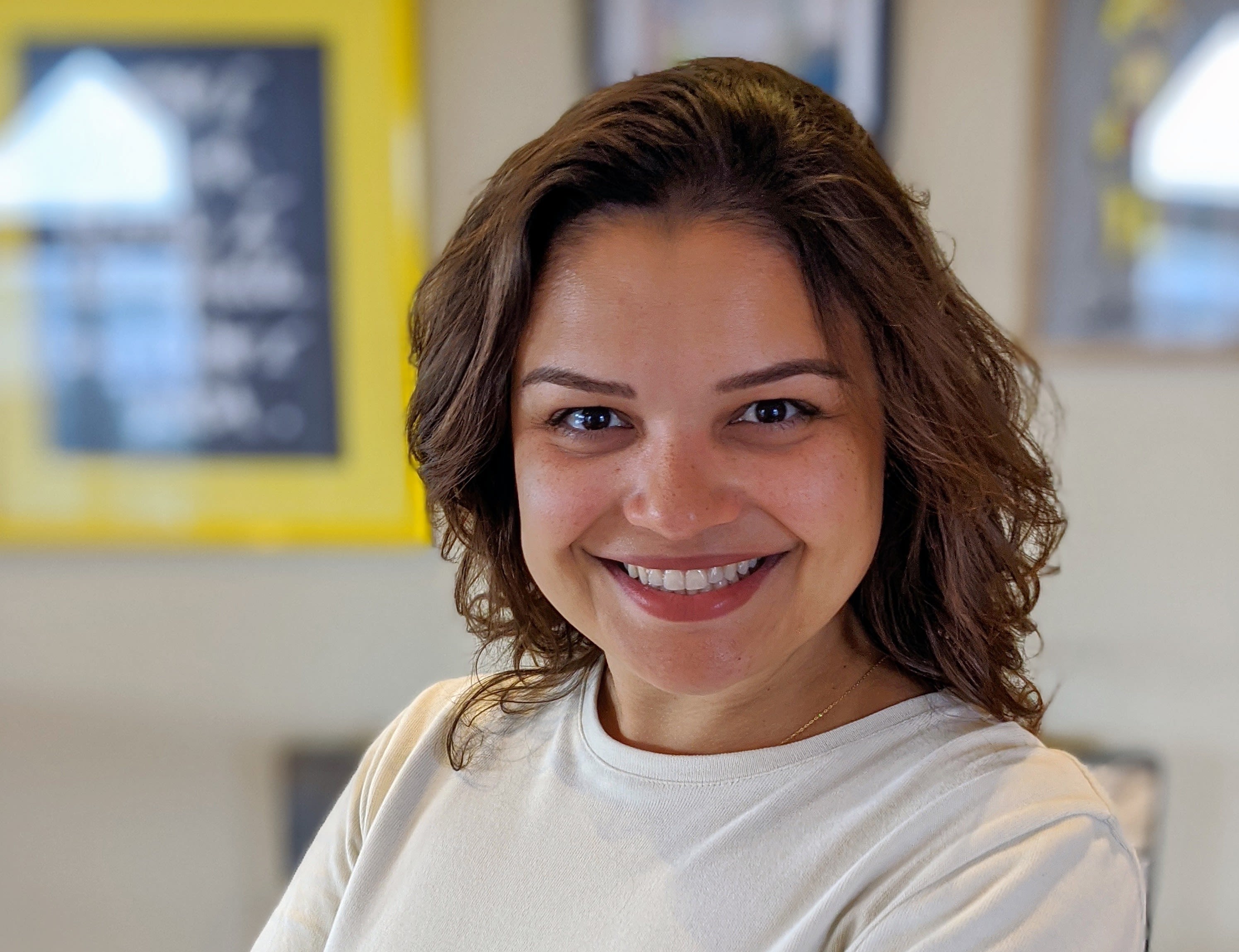
Dr Giovanna Lima
Unlocking the challenge of communicating impact as a researcher
Wednesday, 21 February 2024,
1:00 – 2:00pm (online via Zoom)
Overview
How can we communicate all we do in academia in a way that represents its benefits? Dr. Giovanna Lima will introduce the Researcher Impact Framework, a valuable tool designed to assist academics in identifying, appreciating, and articulating the diverse activities that constitute their scholarly journey. Download the Framework open access at https://doi.org/10.25546/98474. We will have plenty of time for your questions!
About Dr Giovanna Lima
Dr. Lima works with delivering strategic approaches to fostering and enabling societal impact in research, education, and engagement at multiple institutional levels at Erasmus University Rotterdam (Netherlands). Prior to this, she served as Trinity College Dublin’s first Research Impact Officer with the Trinity Long Room Hub Arts and Humanities Research Institute, developing the Researcher Impact Framework, which has since been translated into French and Portuguese.
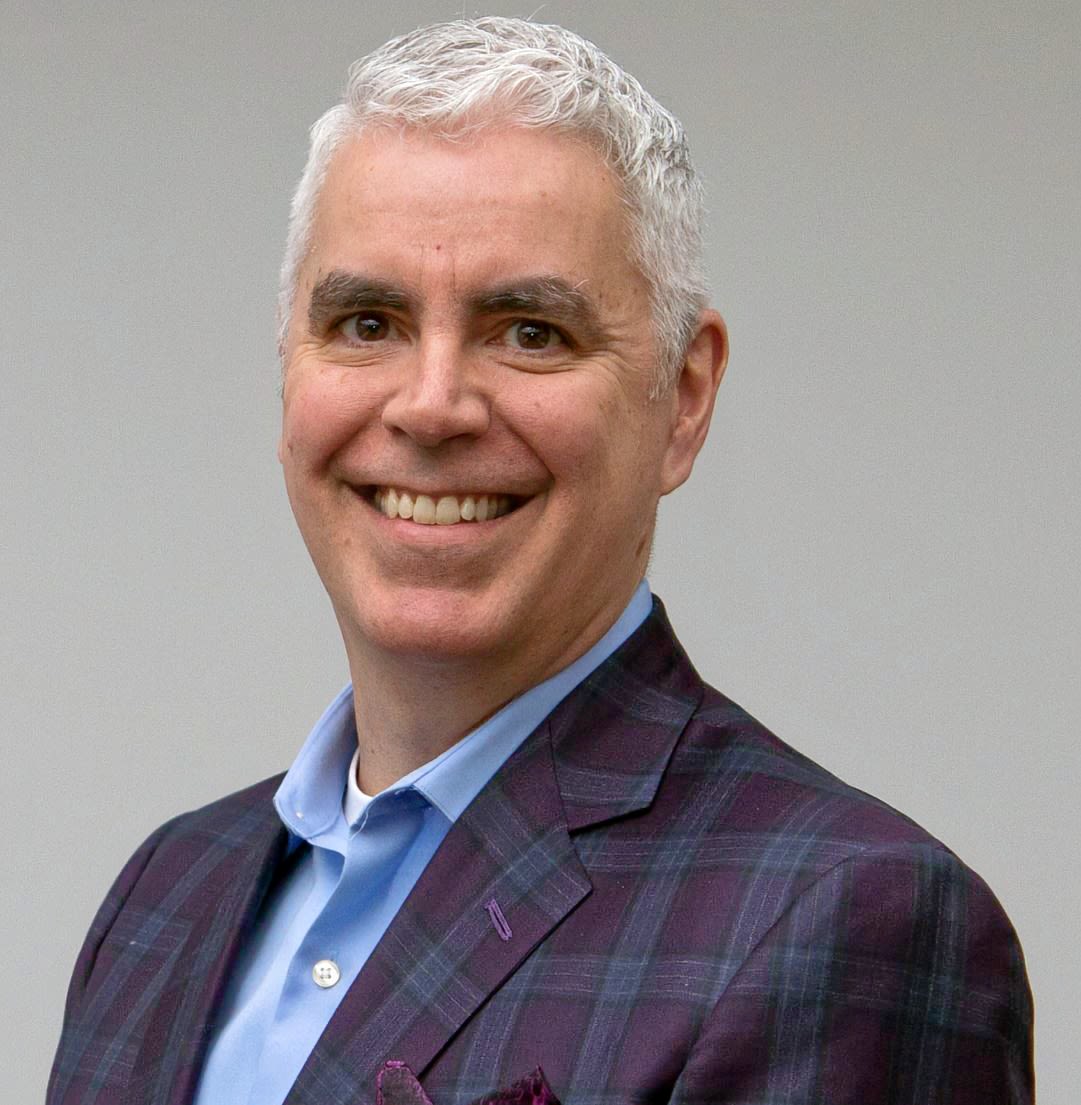
Dr David Phipps
A personal, institutional and national approach to supporting the societal impacts of research
Tuesday, 24 October 2023,
2:00 - 3:30pm (online via Zoom)
Overview
This seminar will present a journey from individual research to institutional impact at York University and in the national Research Impact Canada network. We will discuss why this happened at York University and why it is happening in Canada and how Canada compares and contrasts to impact systems in other countries. But it's not all smooth sailing in Canada. There are misalignments between policy directives and institutional priorities. Participants will be invited to consider the Irish context and how Ireland and Canada might learn from each other.
About Dr David Phipps
Dr. Phipps is the administrative lead for all research programs and their impacts on local and global communities at York University (Toronto, Canada). He has received honours and awards from the Canadian Association of Research Administrators, Society for Research Administration International, Institute for Knowledge Mobilization, International Network of Research Management Societies and the EU based Knowledge Economy Network. He received the Queen Elizabeth II Diamond Jubilee Medal for his work in knowledge mobilization and research impact and was named the most influential knowledge mobilizer in Canada. He sits on knowledge mobilization committees around the world and is Network Director for Research Impact Canada.
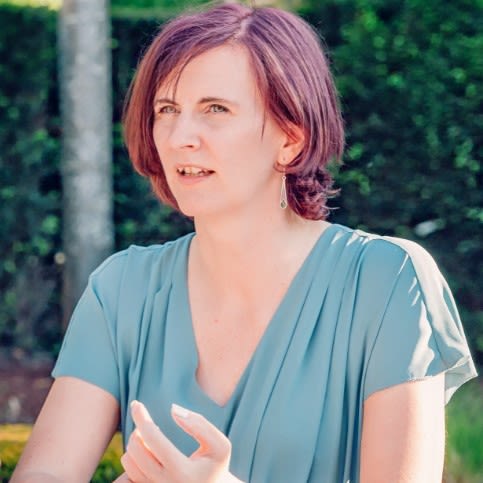
Esther De Smet
From Scicomm to Impact
Thursday, 6 July 2023,
11:00 -12:30pm (online via Zoom)
Overview
"Science not communicated is science not done" is a catchphrase that has been around for a long time now. But as a researcher you are already struggling to juggle so many things, that adding this challenge to the mix might feel overwhelming. This session by Esther De Smet hopes to show you how you can embed your research communication into your day-to-day reality, including tips on how to develop a plan for impact, assess and maintain your digital identity, understand basic storytelling techniques and other building blocks of a research communication strategy.
About Esther De Smet
Esther is Senior Policy Advisor at the Research Department of Ghent University (Belgium). Her work focusses around three closely linked areas: societal impact of research (developing and implementing institutional strategy), knowledge management (functional analysis for the research management system GISMO), and research communication (advice and workshops on communication strategy, curator of @ResearchUGent). She is deeply committed to creating a stimulating and nurturing research culture at her university and making sure its research has a real world impact.
Explore our Research Impact Toolkit to learn how to Plan, Capture, Communicate and Monitor your impact.
Please improve this toolkit by sharing tools and other resources you find useful: email Áine Mhic Thaidhg, Research Impact Officer.


